Understanding the Environment
Healthcare data encompasses a wide range of information, from patient medical records to billing details. Moreover, protecting this data is crucial due to its sensitive nature. However, digitizing health records and using electronic health systems have introduced complex challenges in data privacy and compliance.
Critical Challenges in Healthcare Data Management
Cyber security Threats:
-
- With the increase in digital data, healthcare systems become prime targets for cyber-attacks. Additionally, these attacks can lead to data breaches, compromising patient confidentiality.
Compliance with Regulations:
-
- Laws like HIPAA in the U.S. and GDPR in Europe set stringent guidelines for data handling. Therefore, navigating these regulations can be daunting, especially with regional variations.
Interoperability of Systems:
-
- Sharing data across different healthcare systems is vital for patient care. Still, it raises concerns about maintaining data integrity and privacy.
Solutions for Overcoming Challenges
Robust Cybersecurity Measures:
-
- Implementing advanced security protocols and regular cybersecurity training for staff are essential to protecting sensitive data. Therefore, cybersecurity training platforms like KnowBe4 can educate healthcare staff on the latest cyber threats and prevention strategies.
Compliance Management Tools:
-
- Utilizing software that helps monitor and manage compliance can simplify adherence to various regulations. For instance, HIPAA One offers automated risk assessments and compliance management tailored for healthcare organizations.
Encrypted Data Transfers:
-
- Encrypting data during transfers ensures patient information remains secure, even when shared across networks. For example, tools like SecureDocs provide encrypted data transfer capabilities, ensuring patient data is protected during transit.
Regular Audits and Updates:
-
- Conducting frequent audits and updating systems can help identify and rectify potential vulnerabilities. Software like Netwrix Auditor can facilitate regular system audits to identify and address potential security vulnerabilities.
Educating Staff and Patients:
-
- Increasing awareness about data privacy practices among healthcare professionals and patients plays a crucial role in safeguarding data. Online platforms like Coursera offer data privacy and compliance courses, which help train healthcare professionals and raise patient awareness.
Looking Ahead
As technology continues to evolve, so do the challenges in healthcare data management. Therefore, future solutions may involve more sophisticated encryption technologies, AI-driven security systems, and blockchain for secure data transactions.
Data privacy and compliance are crucial in healthcare. Thus, by understanding the challenges and implementing robust solutions, healthcare providers can ensure the protection of patient data, maintain regulatory compliance, and build a foundation of trust.

